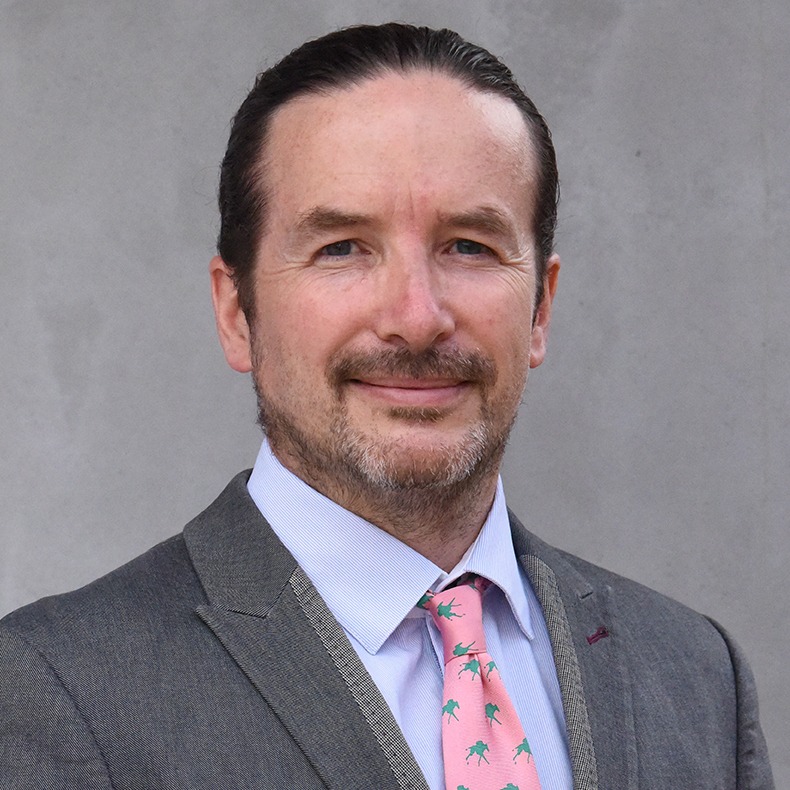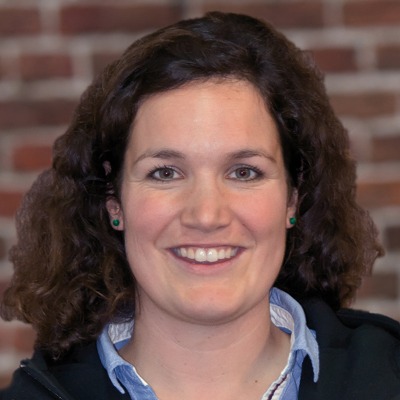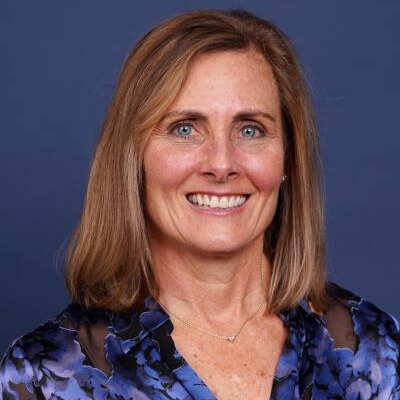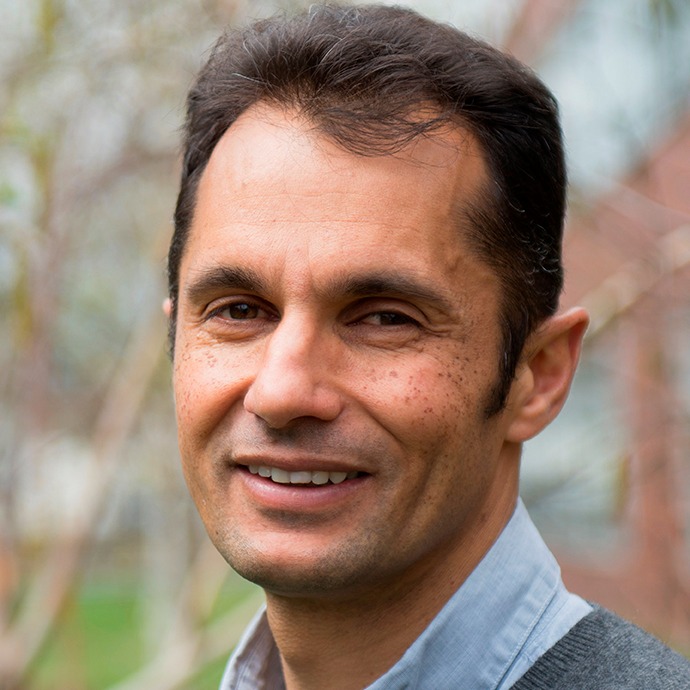The Challenge of Treating the Pregnant Mare: What’s best for the Foal?
Species
Equine
Contact Hours
3 Hours
Early Booking Deadline
Thu, 01 January, 1970
Registration Deadline
Thu, 01 January, 1970
Language
English
Discipline
Emergency & Critical Care
Internal Medicine – Endocrinology, Haematology, Infectious Diseases, Parasitology & Oncology
Neonatology
Reproduction / Theriogenology
Toxicology & Pharmacology
Industry Partners
Global

Veterinary Partners
Global


Recorded on: 4th July 2023
Panelists:
Margo Macpherson DVM, MS, DACT - University of Florida, USA
Jutta Sielhorst Dr.Med.Vet, DECAR - Repro Training, Germany
Tom Stout VetMB, MA, PhD, DECAR, KNMvD Specialist - Utrecht University, The Netherlands
Moderator:
James Crabtree BVM&S, CertEM (StudMed), FRCVS - Equine Reproductive Services, UK
CONTENT DESCRIPTION
Clinicians are regularly challenged in practice by pregnant broodmares presenting with reproductive and non-reproductive diseases requiring both medical and/or surgical therapies. Our challenge is to treat without causing adverse effects on the foal in-utero.
The goal of any therapy is to cure or manage the condition being treated, yet in the pregnant mare, we have the additional consideration of the pregnancy and the goal for this is the delivery of a normal, live, un-compromised and healthy foal close to its anticipated due date. Conditions affecting the uterus and/or fetus may require therapies to cross the equine placenta and achieve therapeutic concentrations in placental tissues, fetal fluids and perhaps even the foetus itself. Treatment of conditions affecting only the mare would ideally have no affect on the pregnancy. Much of the available data relating to this is unfortunately either not known to, or not freely accessible to clinicians in the field.
Many of the medications marketed for horses are furthermore either not �approved� or �permitted� for use in pregnant mares and yet we are regularly presented with pregnant mares to treat. Do we extrapolate from human data? How do we give a client an appropriate risk warning? What do we need to be careful of and should we be performing additional monitoring? All these and many more questions need to be considered in the treatment of the pregnant mare...
An international panel of world-renowned equine reproduction specialists will present and discuss their current approaches, as well as the latest research on treatment in the pregnant mare. There will be ample opportunity for attending veterinarians to ask questions and share their own experiences.
James graduated from the Royal (Dick) School of Veterinary Studies, Edinburgh in 2001. After four years in mixed practice he travelled between the hemispheres working for a number of years in specialist stud practice in the UK, Australia and New Zealand. In 2010 he was awarded the RCVS certificate in Equine Stud Medicine and in 2011 became a lecturer at Liverpool University examining the stud medicine certificate since 2012.
James has published work on many topics relevant to clinical practitioners including material on breeding soundness evaluation, infectious disease, peri-partum problems, ovarian abnormalities, oestrus suppression, persistent endometrial cups, management of spring transition and twin pregnancy. James continues to perform and publish practice based research and collaborates widely. In 2013, he became director of Equine Reproductive Services (UK) Limited growing and developing a busy first opinion and referral equine practice in Yorkshire. James is recognised as an Advanced Practitioner in Equine Stud Medicine, he is a current BEVA council member and trustee of the International Equine Reproduction Trust.
James has made a sustained and significant contribution to veterinary professional development with formal and informal teaching and assessment of post graduates. James has organised and delivered many CPD courses and congresses in the UK and Europe and has delivered presentations on material ranging from basic to advanced topics around the World. In 2022, his efforts were recognised by the Royal College of Veterinary Surgeons who awarded James with a Fellowship for meritorious contributions to clinical practice.
Dr. Sielhorst is a Diplomate of the European College of Animal Reproduction and is currently affiliated with the Tierärztliche Hochschule Hannover and the equine hospital Tierärztliches Kompetenzzentrum Karthaus. She obtained her veterinary degree in 2006 and received her specialty training at the University of Hannover in Germany. Her research interests include ultrasonography of the late pregnant mare, use of Doppler ultrasonography in the pregnant mare and functionality of the pregnant uterus.
Dr. Margo Macpherson received her DVM degree in 1990 from Michigan State University. She completed a residency and Master’s degree in Equine Theriogenology at Texas A&M University followed by practice at the University of Pennsylvania and central Kentucky. Dr. Macpherson is presently a Professor in the section of Reproduction at the University of Florida. She is interested in all aspects of equine reproduction, but has a special interest in problems affecting late pregnancy in the mare, most notably placentitis.
As a Diplomate and Past President of the American College of Theriogenologists, and most recently, the American Association of Equine Practitioners, Dr. Macpherson is dedicated to advancing equine/large animal veterinary medicine and supporting young veterinarians as they grow their own passion for the profession.
Tom qualified from Cambridge University's School of Veterinary Medicine in 1993. He performed his PhD, also at Cambridge, on 'Maternal Recognition of Pregnancy in the Mare' under the supervision of Professor W.R. 'Twink' Allen at the Equine Fertility Unit in Newmarket funded by the Horserace Betting Levy Board. After a short period as Lecturer in Animal Reproduction at Cambridge Tom moved to Utrecht University to become a lecturer in equine reproduction. In 2007, he was appointed to the Chair of Equine Medicine and Reproduction at the Department of Equine Sciences and also to an extraordinary Chair in Reproduction at the University of Pretoria, Department of Production Animal Sciences.
Tom is a Diplomat of the European College of Animal Reproduction (ECAR) and a Royal Dutch Veterinary Association specialist (KNMvD) in Equine Reproduction. He runs a busy clinical discipline working on all aspects of equine reproduction, with increasing emphasis on assisted reproduction and diagnosis and treatment of infertility. Tom's research interests are focussed on fertilisation, early embryonic development and early pregnancy loss in mares and in the relationships between semen quality and fertility in stallions. He is also involved in studies into semen quality and early embryonic development in farm animal and wildlife species and contraceptive techniques for the management of wild animal populations.
Veterinary Student
Online Panel Discussion
USD 35.00
Qualified Vet
Online Panel Discussion
USD 85.00
Intern/Resident (Requires proof of status)
Online Panel Discussion
USD 65.00
Vet Nurse/Vet Tech (Requires proof of status)
Online Panel Discussion
USD 65.00
If the options you are looking for are unavailable, please contact us.
No tax will be added unless you are a UK taxpayer
Choose currency at checkout


















